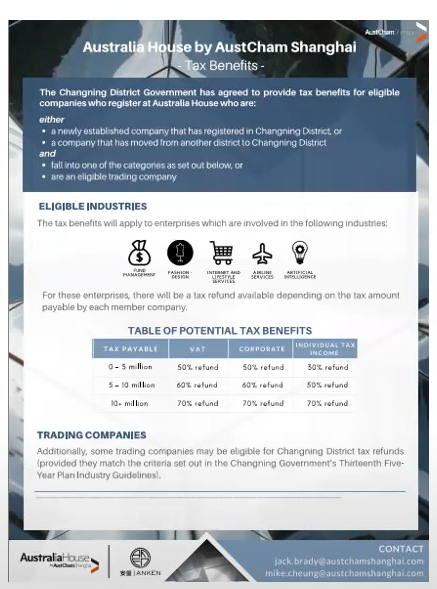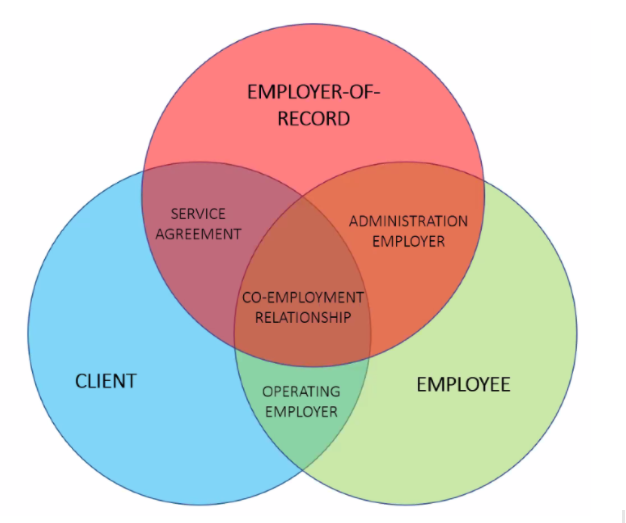Créer une entreprise en Chine ?
Vous devez signer un contrat de location pour ‘’l’adresse du siège social’’
10 points clés lors du choix d’un emplacement
- Mode de fonctionnement
- Démographie
- Circulation piétonnière
- Accessibilité et stationnement
- Concurrence
- Proximité avec d’autres commerces et services
- Image et histoire du site
- Règlements
- L’infrastructure du bâtiment
- Services publics et autres coûts
Astuce 1 : Collaborez avec un agent immobilier en Chine
Une chose que les gens ne réalisent pas que l’offre des agents immobiliers est l’analyse de localisation.
Analyse de l’emplacement – est une technique pour découvrir, évaluer et spécifier le placement optimal des personnes, des informations, des activités et du matériel d’une organisation.
Les modèles de localisation sont essentiels pour effectuer une analyse de localisation en fournissant une vision commune bien documentée des dispositions de localisation actuelles et souhaitées.
Recherchez le bon emplacement
Astuce 2 : Collaborez avec un conseil pour votre entrée sur le marché local
Pour comprendre les conséquences juridiques de la sélection de votre emplacement en Chine
Conséquences juridiques
L’adresse du siège social est un MUST pour tout type d’enregistrement d’entreprise, et elle DOIT également être votre bureau opérationnel.
Les adresses de bureaux virtuels sont illégales et doivent être évitées
- Les comptes bancaires peuvent être gelés
- Inspections gouvernementales aléatoires
Un contrat de location d’un an doit être signé : tout contrat plus court que celui-ci sera refusé lors de la procédure d’inscription.
Le type de propriété est de la plus haute importance car il indique le choix de votre entité et la portée de votre entreprise
- Usine/Entrepôt – champ d’activité de fabrication
- Commercial – champ d’activité commerce/service
- Magasin de vente au détail – champ d’activité de la vente au détail
La clé est de se rappeler que, contrairement à d’autres juridictions, une seule entreprise peut être enregistrée dans UN espace de siège social.
Conséquences fiscales de la sélection de votre emplacement en Chine
Chaque ville en Chine est composée de districts. Lorsque vous choisissez un espace de bureau, n’oubliez pas :
- Vous enregistrez votre entreprise dans cette ville
- Vous enregistrez votre statut fiscal dans ce quartier de la ville.
Des incitations fiscales peuvent être offertes par l’État, le gouvernement local ou de district.
 Par exemple:
Par exemple:

Considérations fiscales – EXEMPLE
Critères incitatifs pour les High New Technology Enterprises (HNTE)
- Un HNTE bénéficie d’un taux réduit d’impôt sur les sociétés de 15 % (au lieu de 25 %).
- L’IP principale doit appartenir au HNTE. Les entreprises qui ont acquis des propriétés intellectuelles (IP) dans le cadre d’un accord de licence exclusive d’au moins cinq ans ne sont plus considérées comme des HNTE.
- Le minimum de 30 % d’employés requis pour détenir un certificat ou un diplôme supérieur est supprimé.
- Les dépenses de recherche et développement (R&D) sont réduites de 6 % à 5 % du chiffre d’affaires annuel pour les entreprises dont le chiffre d’affaires annuel n’excède pas 50 millions de RMB (environ 7,7 millions de dollars US).
Autres considerations
Les entreprises de hautes nouvelles technologies (HNTE) comprennent également :
- Technologie de cloud computing
- Internet mobile
- Technologie de cryptage
- E-commerce et logistique moderne
- Certification d’inspection et services standardisés
- Technologies de soutien pour les industries culturelles et créatives
- Surveillance des catastrophes naturelles
- Alertes et solutions d’urgence
Si vous souhaitez changer d’espace de bureau et déménager dans un nouveau quartier à l’avenir, comprenez les conséquences fiscales !
Plan d’action
1ère décision : Business Center versus Operational Office
- Emplacement, emplacement, emplacement
- Déterminez votre budget de location
- Votre emplacement affecte votre mode de fonctionnement, les ventes totales, l’acquisition et la rétention de talents, la logistique
- Votre localisation peut affecter des considérations juridiques et fiscales
- Ne vous précipitez pas pour prendre votre décision
- Rencontrer des agents immobiliers
- Rencontrer des prestataires de services aux entreprises et d’autres professionnels du droit
Pour toute information sur l’adresse de votre siège social en Chine, veuillez contacter notre équipe par email à info@opkofinance.com ou par téléphone au +852 2654 8800/+86 187 177 31958








